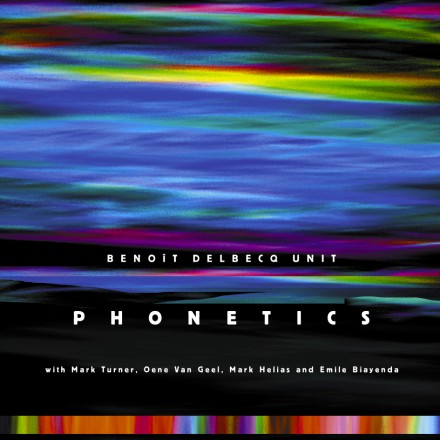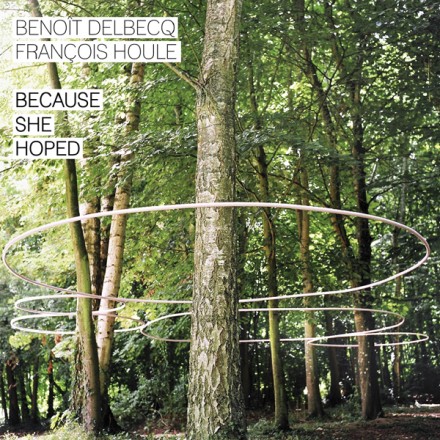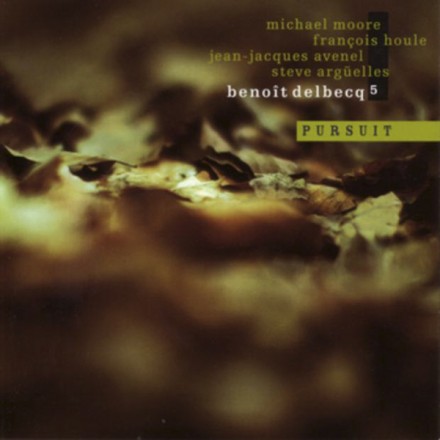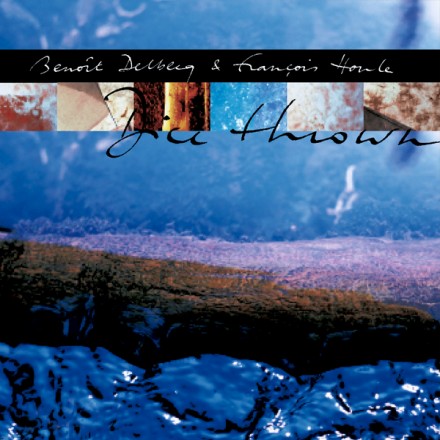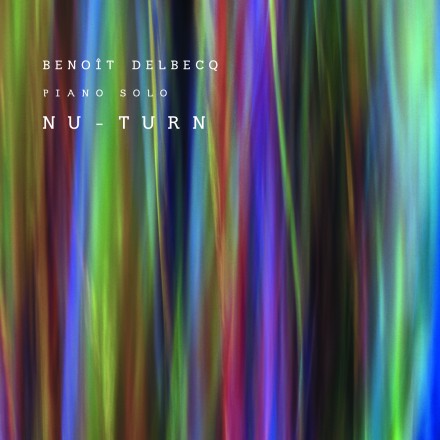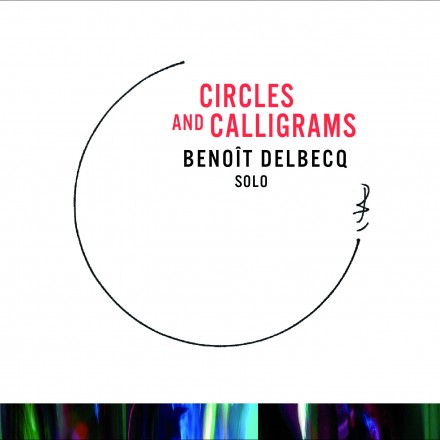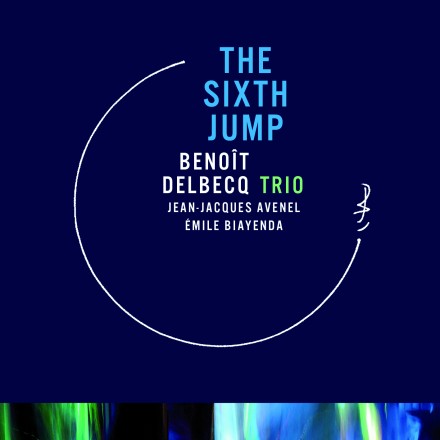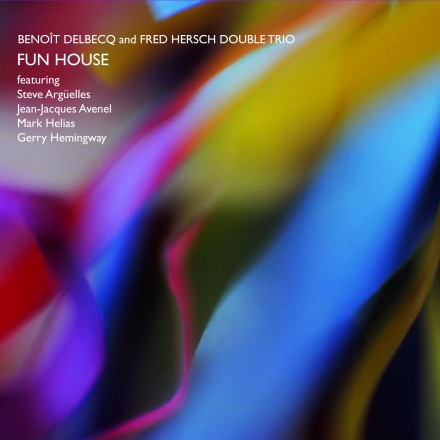Benoît Delbecq Unit
Phonetics
SGL SA1552-2“Propelled by a cool attack, the music lingers in the air like incense, pungent but not overwhelming… One of the most distinctive pianists on the international scene.”
— Bill Shoemaker, Jazz Times
Paris-based pianist-keyboardist-composer Delbecq has had four previous releases on Songlines since 1997, discs that have been praised in France for their individuality; two of them were honored among the 12 records of the year (“Choc de l’anneé”) by Jazzman, the leading French jazz magazine, and Phonetics has just become the third. “One of the avatars of prepared piano for over a decade” (Shoemaker), Delbecq is long overdue for greater recognition in North America, and this new international quintet should help focus attention on his broad and deep vision of music.
The idea for the band involved some educated hunches: “I wanted to provoke an encounter between musicians I knew from different scenes, Europe meets North America meets Africa [Emile Biayenda is Cameroonian and leads the percussion ensemble Les Tambours de Brazza]. When I started writing I had a sound in mind… a very open but very rhythmic way of playing…and different directions I wanted us to explore collectively. The mixed timbres of tenor and viola were in a sense the key to the group.” Prepared piano is also featured on several tracks: “I wanted to leave space for the guys to improvise, and accompanying with prepared sounds allows the music to sound very open harmonically, while it places me on a different axis in the rhythmic web. It also allows the mind to escape the piano in some way, and this can lead to rare blends, such as with viola playing pizzicato.”
Shoemaker notes of Delbecq’s previous Songlines SACD, the solo piano record Nu-turn, that his “affinity for African and Asian folk music and his Paul Bley-derived lyricism and floating pulse constantly dovetail about one another. This accentuates the exotic, mysterious qualities of his music,” with its fugutive harmonies and eddying polyrhythms. Expanding these moods and concepts in a five-way dialogue demanded an unusual degree of concentration and intuitive understanding from everyone involved – particularly as each piece has its own specific underlying structures, as well as its own potential for “mutation” of these points of departure. “I change the tools for each piece, and each piece is trying for a different character in the playing for each person….On ‘Multikulta’ it’s a strict rhythmic fabric that patterns the composed material, but I was interested in letting the bass and drums spontaneously mutate the form of it during Oene’s soloing. ‘Au Louvre’ is an actual mutation of ‘Maat,’ one of the pieces I wrote in 1990 for the collective group Kartet. Each phrase of the theme begins at a different point in the bass line’s cycle, kind of in the African way, and out of this Emile constructs these rhythmic micro-forms, which sets the bass line in motion along several different axes, a bit as if one were turning an actual object round in one’s hands to view it better or explain it. The downbeat or accenting is not an imposed hierarchy – you’ll see that Emile never really plays the crash cymbal as the marker of a rhythmic hierarchy, that’s so elegant!” On “4MalW” (a hushed yet astringent tribute to his mentor Mal Waldron), Delbecq sampled the band at rehearsals: “I would then be able to trigger these scraps of memory as the piece unfolded. What I love about samples is that they play tricks on your memory, they move the relationship we have with what is played or is going to be played somewhere else.”
Counting among his inspirations Cowell, Cage, Ligeti, Aka pygmy song, Balkan dance, Abdullah Ibrahim, Cecil Taylor, Steve Lacy, Miles, Monk, Ornette, and colleagues such as Steve Argüelles, Marc Ducret and the deconstructionist poet Olivier Cadiot, Delbecq has developed an unmistakable yet richly varied musical idiom. Intellectually intriguing, emotionally evocative, palpably elegant, Phonetics presents an artist at the height of his imaginative and synthesizing powers. The audiophile recording and subtle 5.0 mix burnish the music’s lunar intensity.
Choc de l’année, Jazzman (12 best releases of 2004)
